Peru VI: Out Of The Frying Pan?
- Aug 9, 2020
- 8 min read
If you want to give God a laugh, make plans. Wise words from my uncle’s kitchen table in Michigan in October 2017. We’ve driven 43,000 km since then and for the first time since leaving home, the plans have unraveled beyond repair. Already almost three years on the road we’d planned on spending another two or so in Latin America. The countries I was most looking forward to were coming up: Chile’s empty roads through Patagonia, wine, steak and tango in Argentina and mysterious Paraguay where we already, apparently, had a family waiting for us.
Up until Week 16 of lockdown I really believed we could continue travelling, with concessions of course. Crunching the gravel on my morning walk, I devised ways to avoid eating in restaurants and wondered how long we could live on peanut butter and tortillas without going mad. I’d probably have to get rid of the clothes I’d been hiding from Fran to make room for more groceries but we all have to make sacrifices. It’d be stressful, wondering how clean is the hotel room and how healthy its cleaner. Other challenges would be fueling as we’re not allowed to pump our own gas down here, and communication, with everyone speaking their own version of Spanish from behind a mask. We’d miss the lunch specials in the local eateries and I’d be sorry I ever complained about rice and beans and chicken soup with claws. Nevertheless, I was determined we’d be the ones who could make it work.
Since the July 1 reopening, Peru was getting into a worse state than ever. Ica’s caseload hadn’t improved and was still under a lockdown as strict as the one imposed in March. Together with our friend Christian and his wife down in Nazca, and Melissa and Enrique two rooms up, we were a triangle of indecision about what to do. Of the six of us, Fran and I were the only ones with a partner of the same nationality while none of us lived in the country of our birth. We all wanted to keep travelling but Chile, Spain, Australia, Germany and the Philippines were bounced around as options too. Fran and I had decided that as soon as we were allowed to move, and Chile reopened, we’d go straight to the border. We were 10 days from the Ural dealer in Salamanca, we’d pick-up new tires and parts, then assess the situation. Chile was on Peru’s heels virus-wise so if the travelling there didn’t work out, our Plan B was to cross the Andes into Argentina and find somewhere to retreat to for a while. Chile is expensive and we couldn’t ignore the possibility of its political unrest resurrecting and colliding with an already desperate situation. Argentina on the other hand seemed to be handling the pandemic better than its neighbors and was the country we’d planned to stop in a while after reaching the end of the world. The problem was we didn’t know when it would open either.
It was only when the outsiders began invading our hotel space that we realized how much harder it would be to control our fate once we were back outside. The end came suddenly, in mid-July. The thin blue line of cases that had just begun to go down was now marching upwards again. It kept going, and unfortunately so did the Peruvian government by announcing the resumption of regional bus and domestic air travel. Even if we wanted to, it was no longer safe to stay. The hopes that the virus would get under control just slithered away and we were back to the bare facts: the numbers don’t lie. I fought it for a few days but knew in my heart that the decision was made. By the time I began looking for flights, and Fran was contacting shippers, we were already talking of our current way of life in the past tense.
On Friday afternoon, July 19, a shipper wrote to say there was a space for Pferdi in a container going to Europe but we had to be in Lima by Tuesday morning to load. For the first time in months, the old clocks spluttered to life and started ticking, and at a terrible speed. On Saturday I left the premises for the first time since March and we drove Pferdi into town. For 18 weeks this place had been my address and I was only seeing it now. To be honest, it wasn’t much to write home about but maybe we weren’t in the best sections. We went to the police station and asked if we could drive to Lima to catch a humanitarian flight. He said as long as we had our papers and flight itinerary it was fine. It wasn’t very official but he seemed sure and I took a picture of the building just to prove we’d been there.
Peru’s international borders remained closed except for humanitarian flights. The Americans were running their repatriation flights from Grupo 8, a Peruvian Air Force Base in Callao, beside the Jorge Chávez international airport. KLM had permits to fly to Europe once a week, on Mondays, but it obviously wasn’t enough. There was one flight available at the end of July but it was too soon; we had to stay in Lima until the bike exit paperwork was processed. The next available were in September. I played with the dates until August appeared with one flight on the 24th, but only as far as Amsterdam. I grabbed it.
The rest of the weekend was spent getting ready to leave. We never got to climb the sand dunes again or visit the green waters of the Huacachina oasis. On Monday, July 20, we saddled-up and I squeezed myself into the sidecar, limbs flopping from the four corners of a mountainous grocery bag. Pferdi started-up first time, God bless his little steel heart and with Melissa, Enrique and Deiby waving the white handkerchiefs, we left. We stopped at the La Positiva office in town because along with everything else the bike insurance had expired in April. There I wasted over an hour watching the girl enter our data into a computer only to announce just before payment that she was all out of pink certificates. Naturally no other paper could be used and it was suggested I return the next day. Fuming we got back on the bike, and uninsured, began the 300k ride to the capital.
The old Pferdi magic began working as soon as we left the city limits and I stopped worrying. In spite of the grey day, it felt so bloody good just to be moving again. The desert stayed with us for a long while, and now and then the Pacific came into view on the left. The road was good and we breezed past the two police checkpoints, giving our usual polite wave. The great thing about Pferdi is that we’re usually well past the cops by the time they realize just what it is they’re looking at. The joy of being a threesome again was marred only by the sulky Bolivian truck driver who decided we were a blot on his asphalt landscape, and the awful fact that we were going the wrong way.
Click Arrows For Slideshow:
Lima was busy and I felt exposed with the sudden onslaught of interaction. The apartment check-in process alone involved four people, not counting the comings and goings of others in the lobby. However, everyone we met outside and in was masked, some even with plastic face shields as well. The first shipper had forgotten to include the sidecar measurements so that fell through. We met with another the next morning and spent the afternoon walking the streets, taking taxis and getting documents printed and notarized. On Wednesday we took the bike out for the last time and drove to Callao. On a residential street outside the workshop that built our crate, Fran parked Pferdi on a wooden base. There were far too many people around for my liking but we were outside and they all wore masks and social distanced most of the time. It took all morning, the battery had to be removed and the fuel was drained. The drainage certificate alone cost $236.00, payable at a bank in US dollars only. The spare wheel was put under the sidecar and space was so tight one sidebox and both mirrors had to be removed. Little by little Pferdi disappeared under sheets of shrink-wrap and was finally hidden by four plywood walls. When he went into the truck there was about a centimetre clearance all round. And then he was gone.
He’s been sitting in the port since then and we had no news until a week later when we discovered that customs wouldn’t process the export paperwork without a payment of $250. Now, everyone who knows me is sick to death of hearing about my Peruvian customs rules research, and I myself am sick to death of writing to my new penpals, the gentlemen at the Tumbes border customs office. The charge was a penalty for not removing the vehicle from Peru before the permit’s expiration date. The fact that the country was in a State of Emergency, that in Ica we were still forbidden to travel, and that no international borders were open, mattered not one whit. Worse, between our shipping rep arguing the matter and the Independence Day holiday, we lost two days and were now scrambling to make the Friday loading. By 9:30 the next morning we’d printed the payment instructions and paid the fine at the bank. If it was corruption, then at least it was official corruption.
Click Arrows For Slideshow:
Since then we are just playing the waiting game. The shipping date got extended to August 11 and we breathed a sigh of relief when the second customs inspection cleared the bike for loading. Lima is ‘open’ but because over half of Peru’s active Covid cases are here, we only go out for groceries. The day is very long but we’re looking forward now to a new life, which, for the first while anyway, will be in Italy. Unfortunately but not surprisingly, the Italians don’t want anyone coming in from Peru so after landing in Amsterdam, we’ll fly to Ireland on August 24 and quarantine there for fourteen days. Pferdi will be docking in Hamburg before we’re out of isolation so we’ll arrange for a broker there to receive him. All going well, we’ll be reunited in September.
It’s taken me a while to accept that we’re leaving. I’d already seen myself eating my Christmas dinner looking out over the Beagle Channel and Fran was planning what music to play in his head as we drove into Ushuaia. We were only 6,300 km away. It’s made me angry and irritable, and I’ve spent far too long looking back instead of forward. One night in Lima I just cried and cried. But it’s just not possible to go on right now. The whole point of this journey was, in the words of Colin Thubron, to “people an empty map”. And that’s what’s so ugly about this virus, it’s designed to keep people suspicious and apart. The days of little boys sitting on the saddle, and their mothers in the sidecar, are gone, at least for a little while.
I remind myself that it’s not over, we’re just hitting the Pause button. It may take two or three years but we will come back and finish. We could try to set a world record and be the first to travel from California to Tierra del Fuego via Rome. To add insult to injury, after being refused bike insurance for the Mercosur countries three times in February (because of the sidecar), we finally got issued a policy the week we left Ica. Now if that doesn’t give God a laugh, I don’t know what will.


















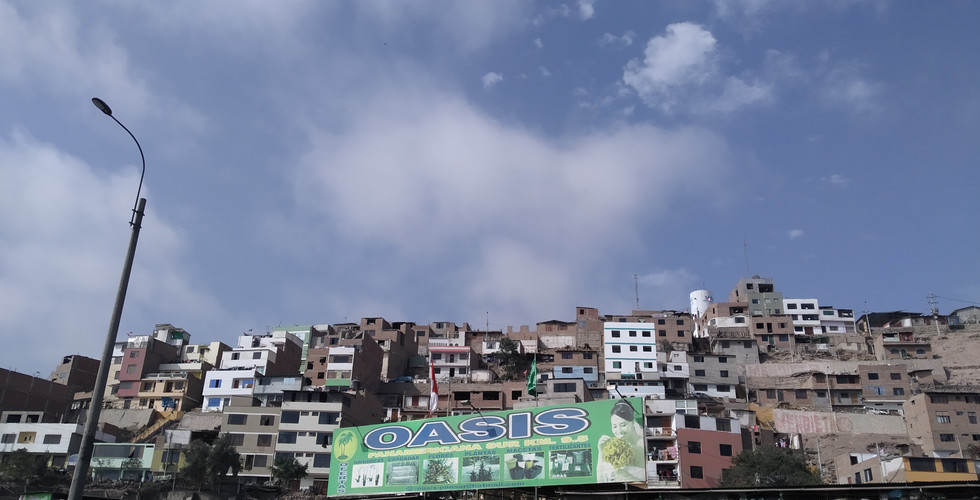



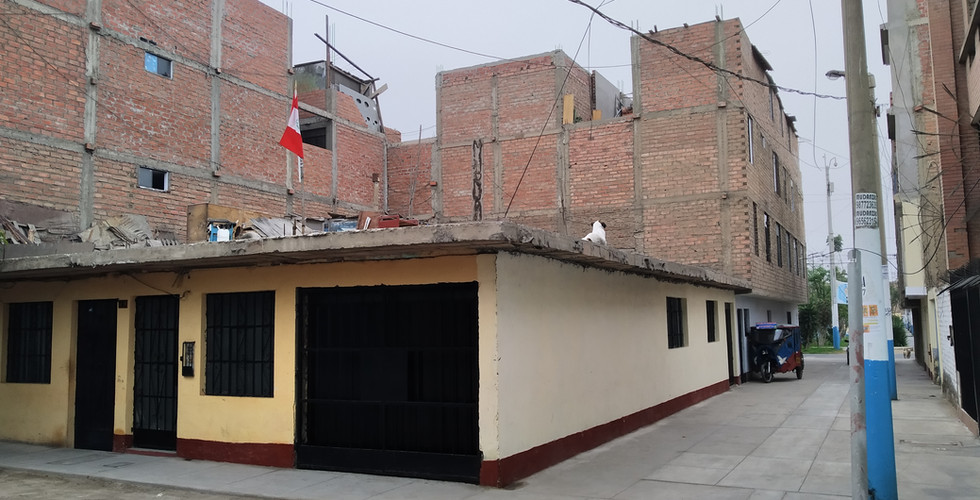



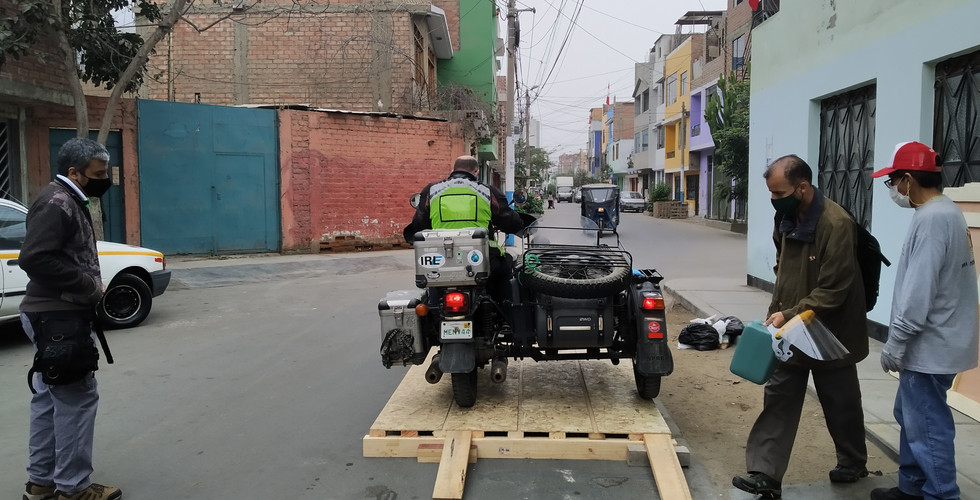









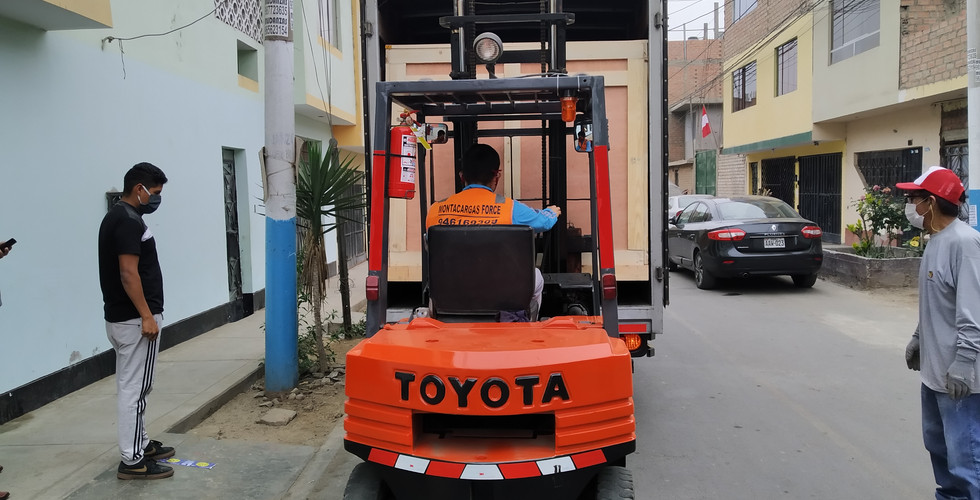









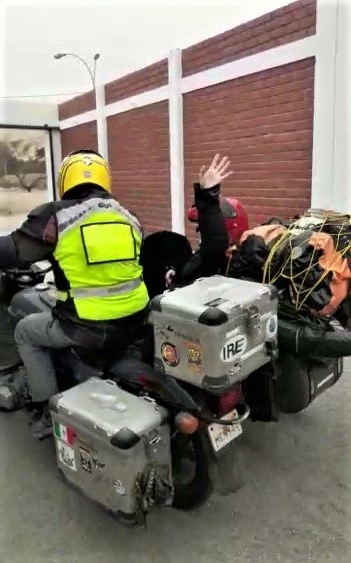



Thank you Yvonne and Fran, this is so realistic, a nail biter! I hope all is well now. Love. xx